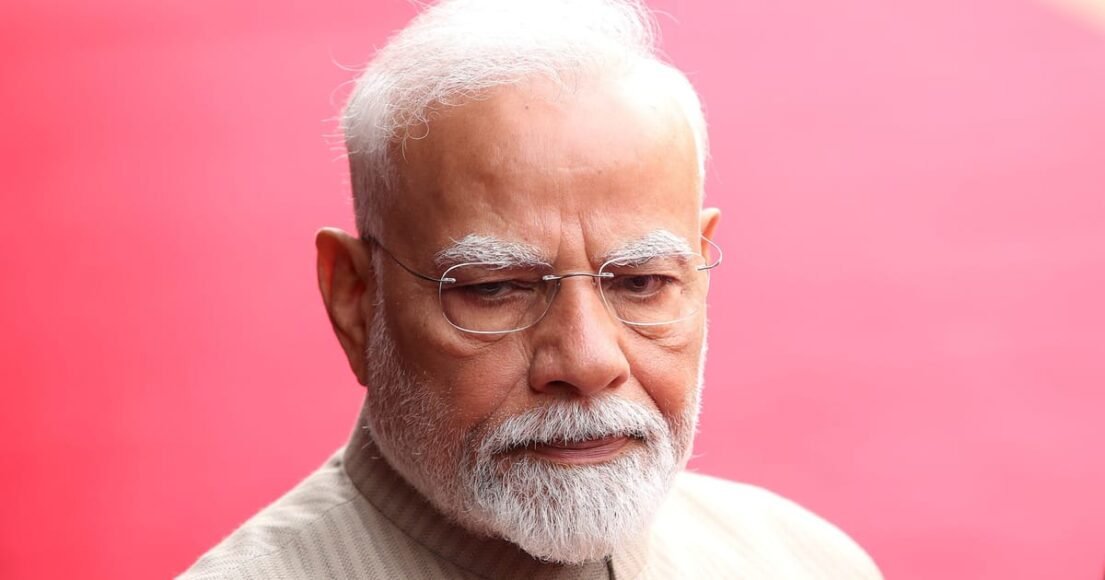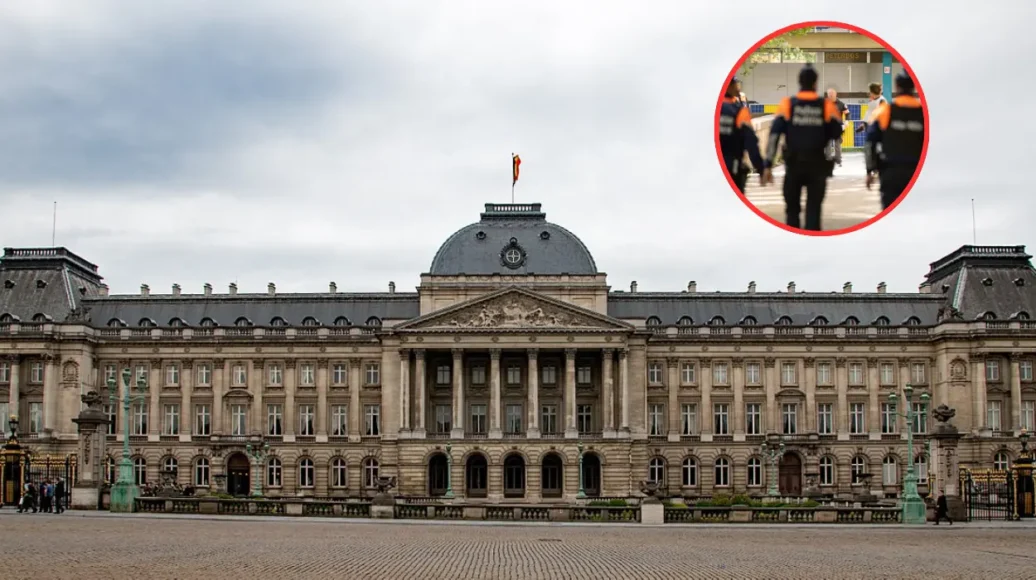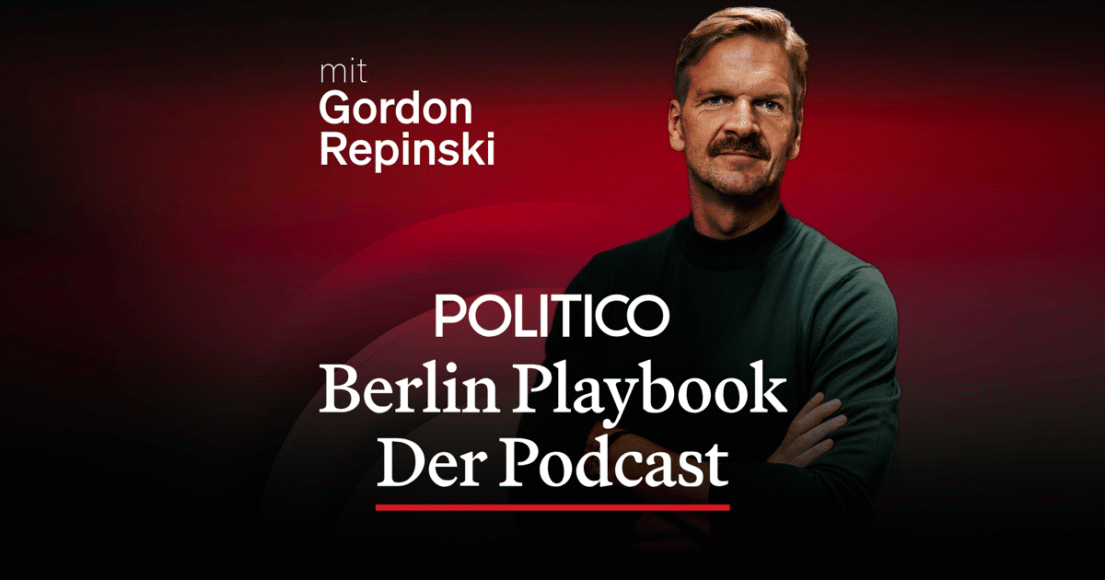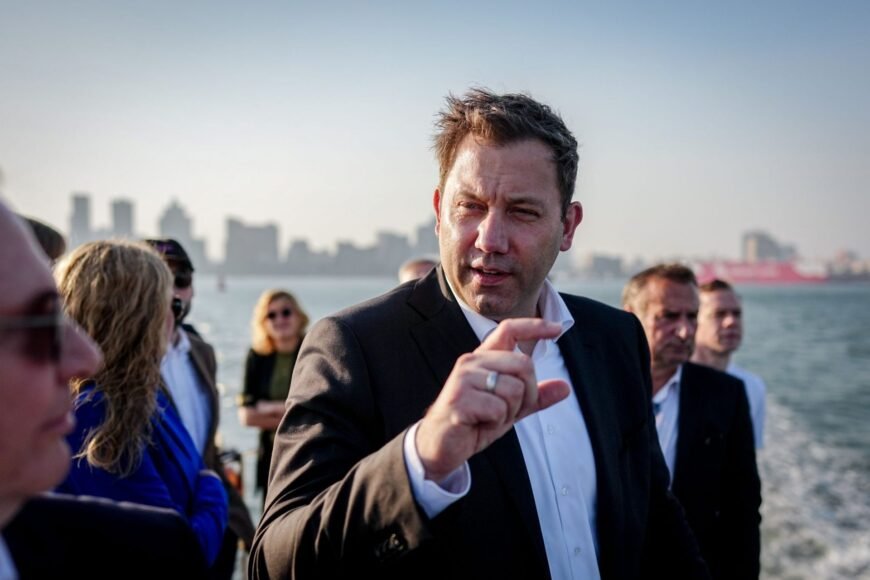On Wednesday, the European Parliament approved the new College of Commissioners, with 370 Members of the European Parliament (MEPs) voting in favor, 282 against, and 36 abstaining. This vote officially concluded a months-long transition period that began following the European elections in June. The process was marked by weeks of intense political clashes between left- and right-wing factions within the bloc.
The European Commission, the EU’s executive body, is made up of one commissioner from each member state. These commissioners are nominated by their respective national governments, and the Commission president—in this case, Ursula von der Leyen—assigns portfolios detailing their specific areas of responsibility. Afterward, each nominee faces a grilling by MEPs and is subject to individual approval or rejection by the parliament’s political committees. The entire group of commissioners is then subjected to a final plenary vote by all 720 MEPs in Strasbourg.
Meanwhile, Elon Musk, the billionaire tech mogul, continues to make waves with his outspoken opinions on global political matters via his social media platform, X. In October, Musk sparked controversy after an online clash with outgoing European Commission Vice President Věra Jourová. He lashed out at her, calling her “the epitome of banal, bureaucratic evil” in response to her labeling him the “promoter of evil” amid ongoing disputes over EU regulatory policies affecting his tech operations.
Musk has also turned his attention to British politics. On Monday, he criticized the United Kingdom’s Labour government, referring to it as a “tyrannical police state” and promoting a petition demanding an immediate general election. His remarks came months after Labour leader Keir Starmer secured a decisive victory to become Prime Minister in July.
Musk’s involvement in political affairs has significantly escalated this year. Over the summer, he publicly threw his support behind Donald Trump’s bid to return to the U.S. presidency, contributing millions of dollars to the Trump campaign. Since then, he has become a prominent adviser to the president-elect, reportedly playing a role in high-profile discussions, including accompanying Trump during a phone call with Ukrainian President Volodymyr Zelenskyy and allegedly meeting with Iran’s envoy to the United Nations.
Musk’s foray into global politics has further blurred the lines between his business empire, personal opinions, and relationships with world leaders, fueling controversy and debate over his growing influence on the geopolitical stage.













Leave a Reply